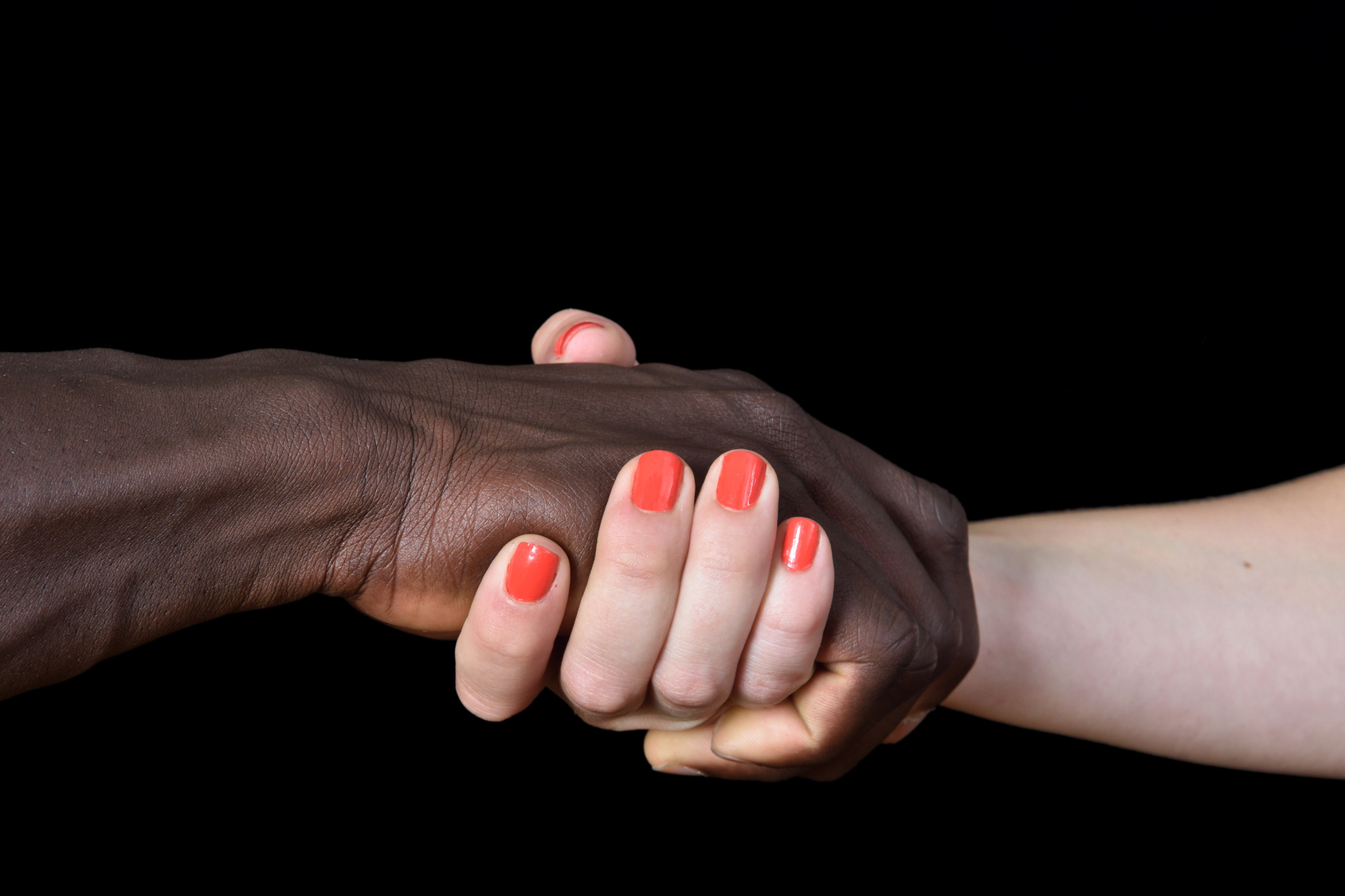
My ex-husband is a 6th generation Israeli. His family can be traced back to Spain and the Spanish Inquisition. They are sort of royalty in their community and have many first cousins, mostly named Miriam and Eli.
He grew up in Israel, fought in the 1973 Yom Kippur War, and was badly injured. All the men and women in his family served or fought in one Israeli war or another. His father worked for the government. In English, this means he may or may not have been a spy. One family story my mother-in-law loved to tell was of receiving postcards from one location while her husband was actually living in another place.
Both sides of my family have only been American for three generations. And that’s just barely. My grandmother was born as her family was crossing the country in a covered wagon in the early 1900’s. Their origins are Eastern European but kind of all over the map. I grew up in Portland, Oregon in a small but vibrant Jewish community. My parents chose to live in a suburb of Portland and in my high school of 1,500 students, I was one of 25 Jews. I explained why I didn’t celebrate Christmas every year when I was growing up. It was kind of a novelty then.
Marriage to someone from another country and culture is exciting and exotic
..until that turns into a liability and a stressor. The language, the food, and the society are different. And different can be a great relief. That novelty can be as different as hummus instead of peanut butter. Or as different as what is important in raising children.
Both of the partners are disadvantaged (Tweet it!)
It took me years to understand that being a Jew growing up in a non-Jewish country is indeed the opposite of growing up in a country with a Jewish majority. There are no cultural references or shared holiday practices. And one of you is home (in every sense of the word), while the other is a new immigrant no matter what it says on your passport.
My ex expected that I would become a local after our marriage and relocation to Israel. That I would pick up Hebrew in a matter of months and feel right at home as I did in Portland or San Francisco.
Learning a foreign language as an adult is no easy task
I know people who have done it. I am not one of those people. My ex learned English as a child at an American school in Turkey. His spoken English, although accented, was better than fluent. Before we met, he had lived in the US for many years. I had a difficult time learning English. I was dyslexic as a child and worked hard to overcome this disability. Over the years, I have realized that people with dyslexia must find new ways to do things that other people do as second nature. Learning Hebrew, even now after 20 years, is difficult for me. Certain letters are backwards when I look at them. Ready from right to left in a different alphabet isn’t any help either. So I struggle working around the system with help from my friends.
I’ll give you a couple of examples of language issues that are funny looking back, but were not funny at the time. Growing up in suburbia, I had to defend my religion all the time, but not by serving in the army and being wounded in a war. My ex mother-in-law called my ex-husband Mami. This term is an endearment in Hebrew. But it totally freaked me out. My children called me Mommy, but it was still strange. I asked about it. My question was met with a look of incomprehension and then laughter.
My ex was/is great with languages. We spent a week in France and he was chatting up the chef by the time we left. I am not good at languages. I was and still am dyslexic and was very self-conscious.
After our marriage, some of his friends couldn’t be bothered to speak with me in English, so I was completely left out of conversations and often felt alienated and alone. And when I did try to speak, people would either switch to English and say something under their breath about Americans or make fun of me. With friendly encouraging phrases such as…
“How long have been in the country?”
“Why is your Hebrew so bad?”
“I hate Americans – they are so rich and spoiled and entitled.”
“Why is your house so American? Don’t you know you live in Israel?”
I don’t believe anyone was trying to hurt my feelings or make me feel bad. I just think people were trying to hurry me along with my indoctrination into the culture. Israelis are an accomplished group. For example: there is only one country with more start-ups that have gone public on the NYSE than Israel and that country is the United States. Israel is about the size of New Jersey.
The challenges were daily
Another of my fondest (huge amount of sarcasm here) memories have to do with going to the grocery store. I wanted to buy cottage cheese. Seemed like a simple enough task. I brought home sour cream for months until I figured out which was which. All the cartons looked alike, and the writing was squiggly longhand, same shape and color. I was completely intimidated by the dairy case. The challenges were daily, and my ex had no idea how to help me. When he lived in the US (before we met) he lived with Israelis and worked for an Israeli company. He lived in an apartment building with other Israelis and worked in NYC.
When I moved to Israel after our marriage, I had no car and lived about a mile from the nearest bus stop. There were no cell phones at the time, and I was lost. Eventually, I started to make friends, but they were other immigrants. I learned enough Hebrew to get by, but not enough to be social. I had no family in Israel except for a few stray cousins and it was a 24 hour journey to get home to Portland. I started to make my own way slowly.
Coaching with Tamara Mendelson
Are you struggling through an unexpected life change? I’m now taking applications for 2018 Coaching and I’d love to hear from you! Sign up below to receive my coaching application form straight to your inbox.
[magicactionbox id=1256]
I had two children in two years and the only people that reached back when I reached out were other immigrants. I met a few parents of the kids. I started them in English speaking pre-school, so their English would be as good as their Hebrew. And slowly, we built a community. I found a place to get my haircut, a family doctor, where to buy fresh fish. My mother-in-law, who spoke five languages, was around for the kids’ school events and I had friends fill in when I wasn’t able to attend. Like any friendships, those had to be nurtured. Carpools and holidays and celebrations and milestones.
When my ex and I decided to divorce, we both eventually left the neighborhood we called home for 15 years. Because of the children, we stayed in the same small town. We didn’t divide friends, but they divided themselves almost exclusively down language lines. Or ideological guidelines. After my divorce, I reinvented myself in the face of this massive, personal upheaval. I got a masters degree, began teaching at a local college, and started a business helping people going through big life changes.
And in a way, I became a new immigrant again.
Over to you: Have you struggled with cultural differences in your marriage and divorce? What did YOU do to ease the transitions?


